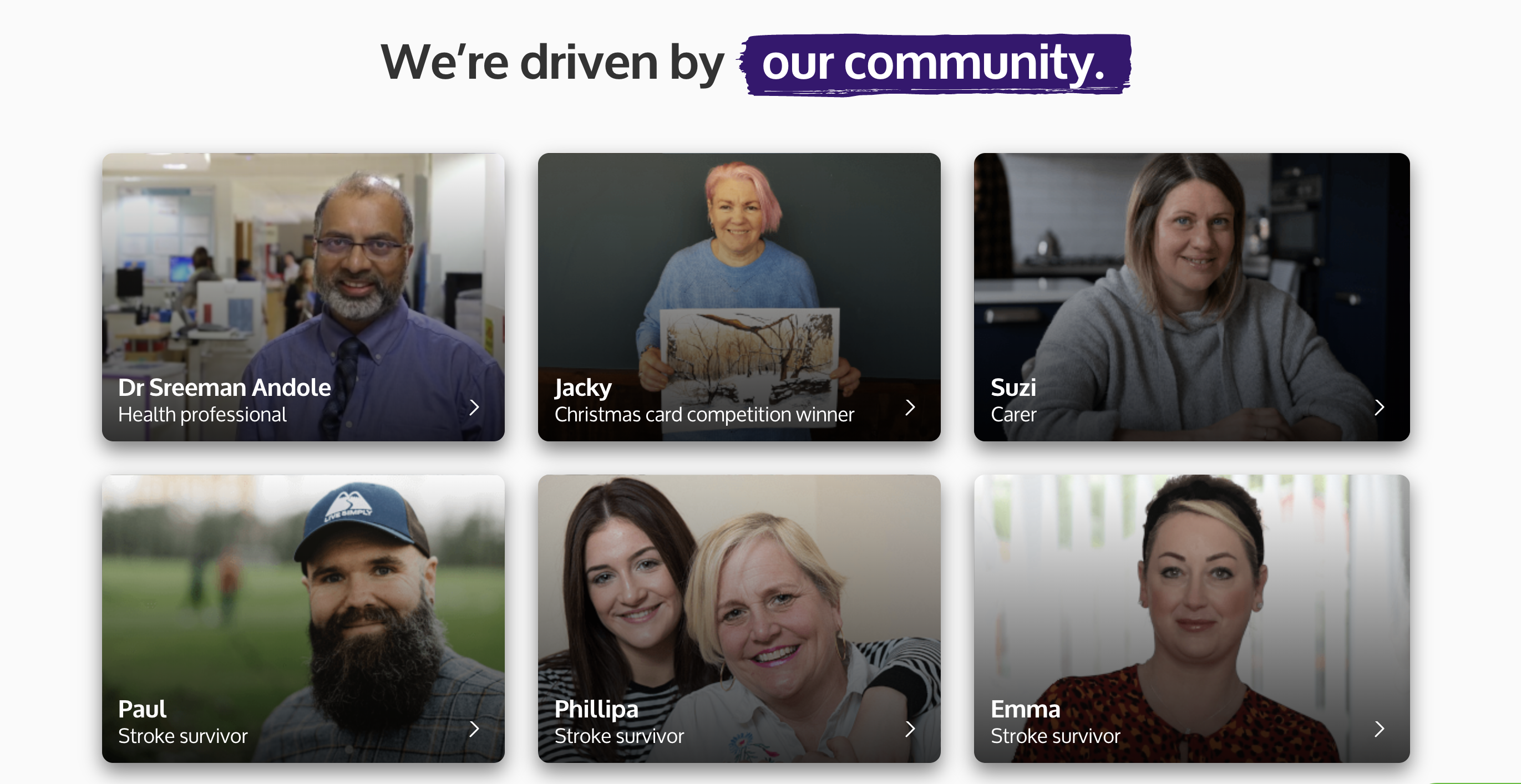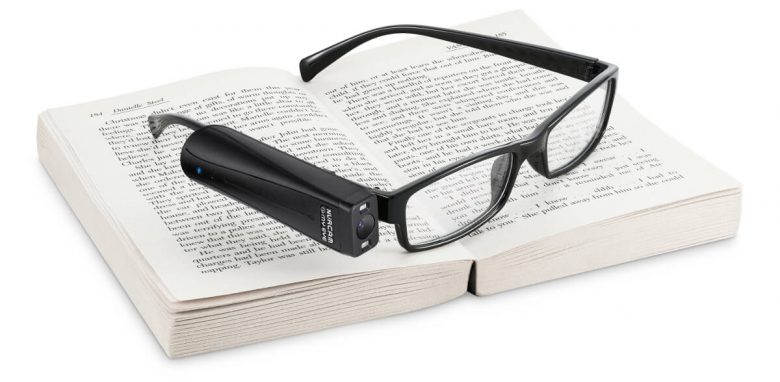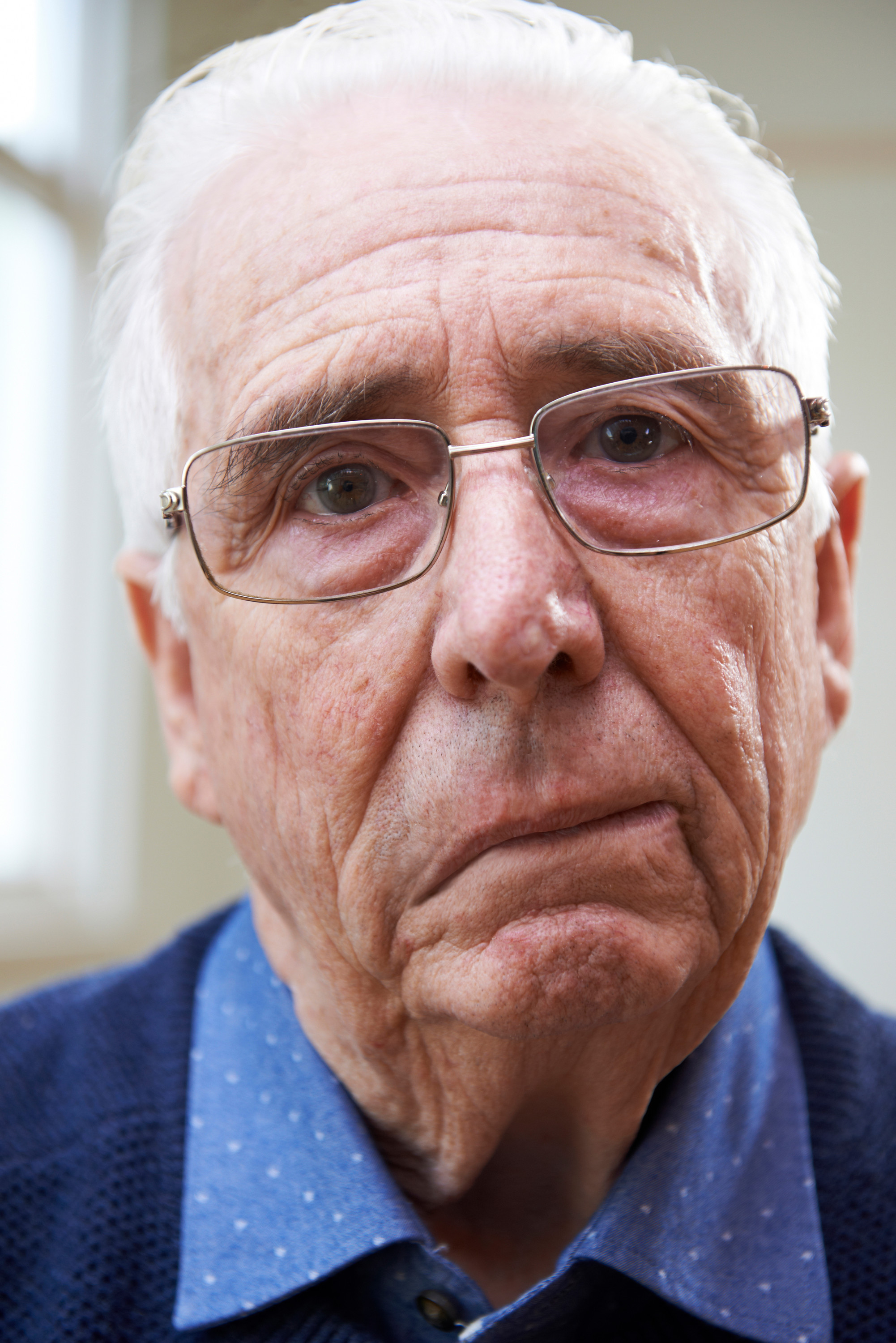Computing help for Stroke Survivors
Sarah Botterill | 10 Dec 2019AbilityNet and the Stroke Association are working together at a national and local level to support people who have survived a stroke.
 AbilityNet volunteers are connecting with local Stroke Association Groups to see how technology can help members, especially with communication.
AbilityNet volunteers are connecting with local Stroke Association Groups to see how technology can help members, especially with communication.
A great example of this partnership is in Milford on Sea, Hampshire where AbilityNet volunteer Lawrence Knight and Stroke Association support coordinator Yvonne Hobbs have been working together for over two years.
The relationship began when Yvonne was looking for help educating groups members on how to use My Stroke Guide, the Stroke Association’s online support, which gives access to information, support and online forums.
“It [My Stroke Guide] provides accurate advice and information and helps people be in touch with the wider stroke community via the Stroke Association’s moderated online forum.
"It enables people who have had a stroke, and their family friends and carers, to converse on a social network with other people affected by stroke. In my local support group, I had a conversation with a member who was getting help at home from someone from AbilityNet,” says Yvonne Hobbs, Stroke Association Support Coordinator.
“It sounded great, and that’s how I got involved with Lawrence”.
Yvonne asked Lawrence if he could support some upcoming workshops and he was pleased to do so. “We ran a series of dates with three volunteers from AbilityNet. The people that came to the workshop had various communication needs as a result of their stroke. The AbillityNet team assisted with tablet and smartphone accessibility and where appropriate, keyboards."
She adds: "In addition to the general introduction to using a tablet, we also included internet safety and access and wider communication opportunities via email, Skype and Facetime, apps for social interaction and leisure, and we finished off with an introduction and assistance with registering on My Stroke Guide.”
Helping stroke survivors with communication needs

Around one-third of stroke survivors experience communications issues such as aphasia (issues with understanding and/or using language), dyspraxia (difficulty sequencing speech and sounds), dysarthria (difficulty articulating speech) and/or cognitive impairments. Helping people with communication needs has been a focus for Yvonne and Lawrence.
“I understand the communication needs and the issues after stroke,” says Yvonne. “Lawrence has great ideas about assistive technology and so that’s the sort of matching and mirroring we do,” she adds.
While it does not affect intelligence, aphasia affects the processing of language and can affect speech, reading, writing and numbers. “For some people, written words can be unrecognisable and this obviously affects reading, so I organised for a company called Orcam to demonstrate a product to the stroke support group at Milford on Sea, Hampshire,” says Lawrence.
"In simple terms, the product is a camera that fits onto a pair of glasses, and you point at a page and it reads to you.”
One member of the group bought one. Lawrence provided after-sales support showing them how to set up and use the device. “Lawrence was very instrumental in contacting Orcam, and supporting the group member, who also had pre-existing hearing difficulties, which was invaluable,” says Yvonne.
Lawrence has also helped an 82-year-old widow who had experienced heart problems, cancer and a stroke.
“She lost her husband six months ago. He dealt with everything to do with computers, and she didn't even own a mobile phone,” says Lawrence. “She’d never used a computer. She was very bright, university graduate we set up an email account, and got her on the internet. It gave me great pleasure to help her,” he says.
“She needed help with finances and had lost the ability to remember passwords and Lawrence was able to help her with that,” says Yvonne.
Helping all stroke survivors

Stroke brings a diverse range of issues, and individual creative problem solving is key to helping them. “We can support people with high-level communication needs,” says Yvonne. “For example, one member who remains as bright as a button has no speech and was getting frustrated about making her views and opinions known.
"We created some bespoke printed communication boards to help her utilise gesture and pointing to improve communication with people in the home where she lived. Lawrence helped get the same options onto a tablet using a communication grid app.
“Lawrence is constantly considering solutions,” said Yvonne. “He goes away and thinks about things, and he comes back saying ‘I have just had another idea,” says Yvonne.
Lawrence, who is a former IT Project manager, says he enjoys the challenges. “I enjoy doing it. I get problems, and I don’t know the solutions. I give two days a week to volunteering, but it’s more than that because when I get a problem from someone in the stroke group and I have to go and find out how to do it. As well as helping people, I’m learning as well.”
He adds: “It’s important to be patient. People who have had a stroke, may not be able to talk, and you might have trouble understanding them. They are just as intelligent as they were. It’s about realising they are still the people they were and being patient with them.”
Lawrence and Yvonne continue to work together with Lawrence visiting the Milford on Sea group monthly basis and offering one-to-one support.
“It’s an incremental process where we are building confidence with people using the technology,” says Yvonne.
Free webinar for stroke survivors
A stroke can impact in a number of ways. It is the commonest form of aphasia. People who are affected by aphasia, and can cause issues of cognitive and physical impairment and is a common cause of anxiety and depression.
Technology can be part of the solution. Our free webinar will showcase the Stroke Association's online tool My Stroke Guide, which offers information as well as access to peer support from other stroke survivors.
AbilityNet volunteer Lawrence King will be on hand to share his experiences of helping stroke survivors find solutions that can help them to adapt.
The webinar will take place on March 31 2020.
Sign up to our free webinar for stroke survivors and their carers.
How AbilityNet can help stroke survivors
AbilityNet has a range of products and services that can help you make tech more accessible, including consultancy, design reviews, auditing and user testing.
AbilityNet provides a range of free services to help disabled people and older people.
Call our free Helpline. Our friendly, knowledgeable staff will discuss any computer problem and do their best to come up with a solution. We’re open Monday to Friday from 9 am to 5 pm on 0300 180 0028.
Arrange a home visit. We have a network of AbilityNet ITCanHelp volunteers who can help if you have technical issues with your computer systems. They can come to your home, or help you over the phone.
We have a range of factsheets which talk in detail about technology that might help you, which can be downloaded for free. You may find our factsheets talking about voice recognition and keyboard alternatives useful.
My Computer My Way. A free interactive guide to all the accessibility features built into current desktops, laptops, tablets and smartphones.
Related Factsheets from AbilityNet
- Read our Factsheet on Communication Aids
- Read our Factsheet on dementia and computing
- Read our Factsheet on learning difficulties and computing
Support for stroke survivors
Call the Stroke Association Helpline: 0303 3033 100
Connect to other stroke survivors and carers via My Stroke Guide
Search the stroke association for local support by postcode
Think Ahead Stroke: 01942 824888
Factsheets from the Stroke Association
- Read about anxiety and depression after a stroke
- Find out more about the physical effects of stroke



